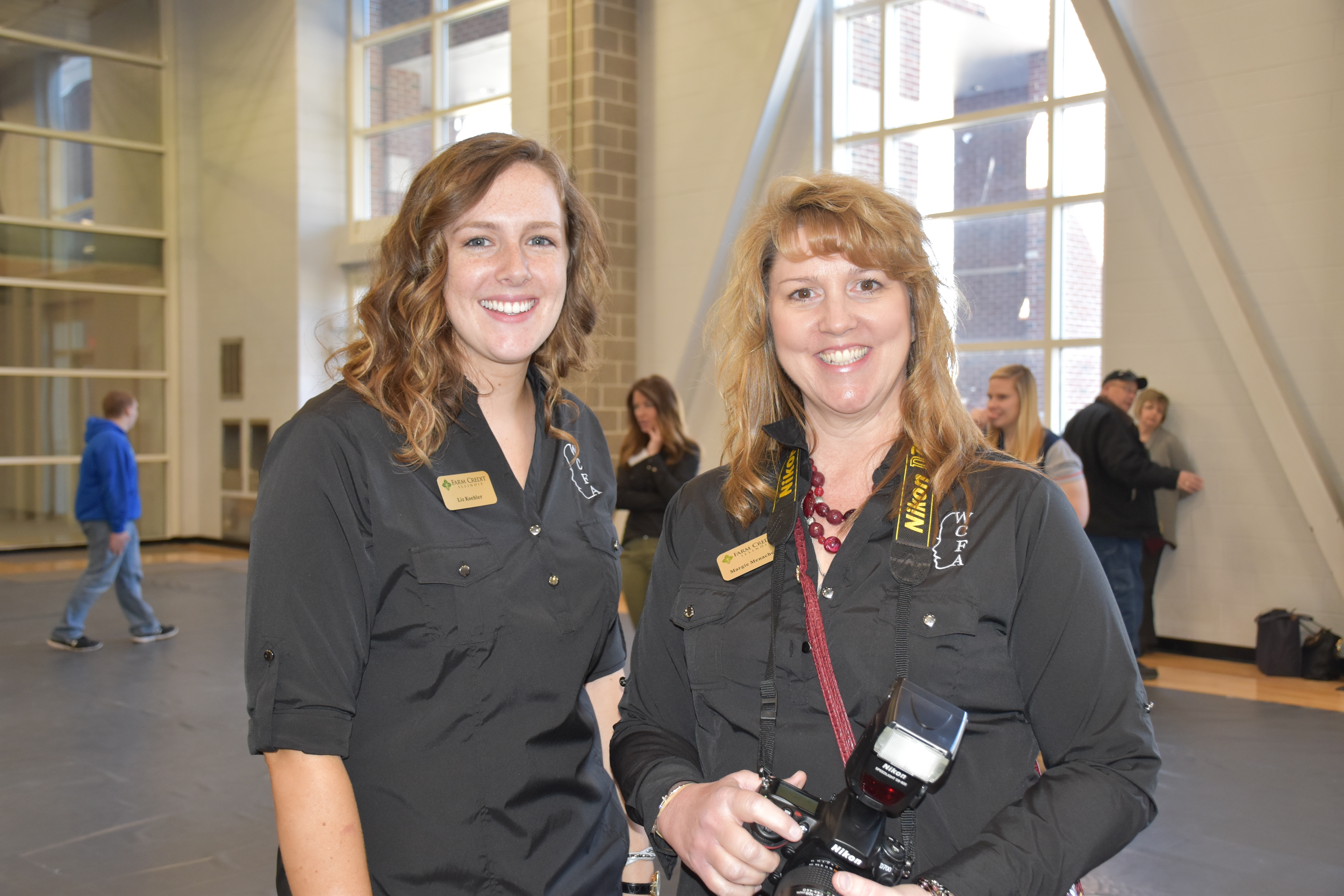
On the farm, if something needs doing, someone steps up and does it. Farm kids grow up feeding hogs as soon as they can walk and driving tractors long before they have state-issued driving permits. Women, historically, cook meals, care for the house and the kids and frequently manage finances, all while helping with those never-ending farm chores. Today, many women are the principal operator of their farm, responsible for all of the daily management decisions. Everyone steps up where they can. This same mentality inspired the creation of American Agri-Women, a coalition of women united for agriculture.
In 1969, Oregon banned farmers from burning their fields. This new regulation forced farmers to find new ways to control pests, weeds and post-harvest disease. Still reeling from this burden while simultaneously feeling the pressure to maintain high levels of production, farmers felt like their options were limited. Fortunately, women stepped up. Members of Oregon Women for Agriculture (OWA) forged ahead and took their case to state lawmakers. According to, “A Proud Heritage – A Precious Legacy,” which documents the history of American Agri-Women, “OWA stood alone, for their husbands were too busy farming to respond and fight the forces that were determining the course of American Agriculture.” It wasn’t long before a similar group, Women for the Survival of Agriculture in Michigan, joined OWA to organize a national convention of women in agriculture, a collaboration that would soon become American Agri-Women (AAW).
AAW is the nation’s largest organization of farm, ranch and agribusiness women dedicated to communicating among one another and with consumers to promote agriculture. Founded in 1974, the group now has more than 50 state, commodity and agribusiness affiliate organizations and represents tens of thousands of women across the United States. Together, they work toward improving agriculture policy on the local, state and national levels, as well as advancing student and consumer agriculture education. AAW members include farmers, ranchers, producers, agribusiness professionals, educators, consumers, students, researchers and more.
Farm Credit understands the importance of taking a stand on behalf of agriculture and proudly supports AAW and its mission to communicate, educate and advocate in the name of farming, ranching and agribusiness. With fewer lawmakers at the state and federal levels representing rural communities and agriculture, we need more voices and advocates like AAW.
In honor of Women’s History month, we’re excited to highlight the influence that women have had and continue to have in shaping our world, including the nexus of AAW and women Farm Credit employees across the country. To do so, we interviewed four women who are both dedicated Farm Credit employees and involved in AAW or one of its affiliate organizations.
Margie Menacher, a creative design specialist at Farm Credit Illinois, has been a member of Illinois Agri-Women for nearly two years. She first got involved by helping to organize an event called Women Changing the Face of Agriculture, a career fair designed for Illinois high school girls interested in exploring a career in agriculture. After helping to organize this Illinois Agri-Women event, Margie decided to join the organization, and she continues to take on more and more responsibility.
Sara Reid is beginning her second year as president of California Women for Agriculture (CWA), an AAW affiliate organization. Having grown up in Colorado, Sara wanted to increase her knowledge of California agriculture quickly when she moved there for a position with CoBank. To educate herself, she attended a few CWA local chapter meetings, which turned into attending a state meeting, which eventually turned into taking on a leadership role within the organization. At Farm Credit, Sara is the vice president and lead relationship manager of the western region at CoBank.
Jeana Hultquist, vice president of legislative affairs at American AgCredit, also got involved with AAW by way of CWA. She was motivated to join the organization because of the opportunity to meet other passionate advocates for agriculture across California, while also having the chance to engage in public policy initiatives.
Janet Bailey started attending Agri-Women meetings in Kansas with her grandma when she was a child. As a Kansas State University student, Janet and a few friends founded their own chapter on campus. Now, as director of industry and legislative engagement for Frontier Farm Credit/Farm Credit Services of America, Janet engages with both Kansas Agri-Women and American Agri-Women professionally, saying, “It’s a natural intersection between Farm Credit, American Agri-Women and the state affiliates… a very natural partnership.”
Tune back in for the second installment of this Farm Credit and American Agri-Women blog series to learn more about these women’s experiences and the positive influence that AAW and its affiliates have had on their lives and their careers at Farm Credit.
